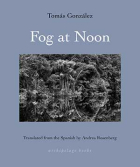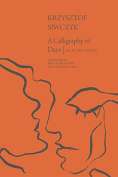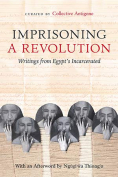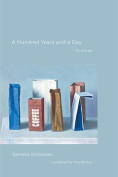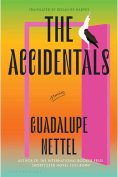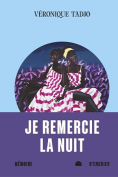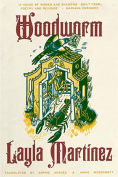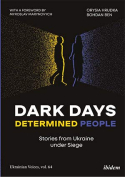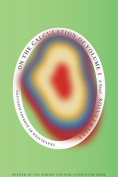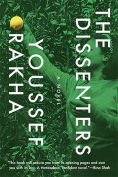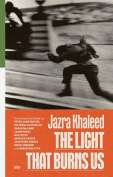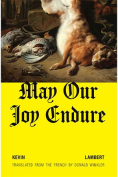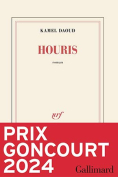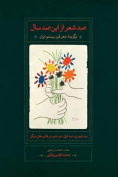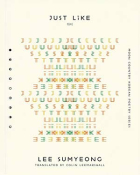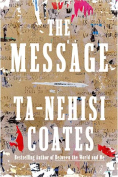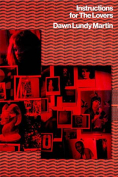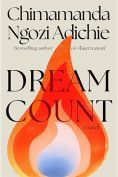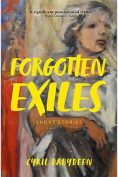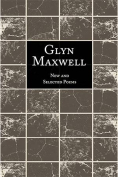Woodworm by Layla Martínez
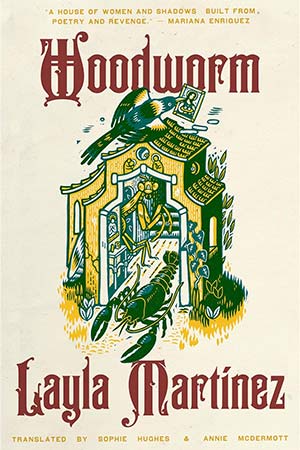
San Francisco. Two Lines Press. 2024. 144 pages.
Feelings can never be fully transmitted through language, but stories try. With great attention to how words work with and against one another, novels can evoke and enlighten emotions. In Woodworm, Spanish author Layla Martínez delivers a story exquisitely charged with rage, injustice, and despair.
The granddaughter is often harsh and angry; in their poor, unnamed Spanish town, she’s been accused of something terrible. The grandmother, by contrast, shares her stories from a perverted perch of comfort, having mastered her own methods for processing anger years ago. The deft switches in pitch between the narrator’s voices is one of the many satisfying products of Sophie Hughes and Annie McDermott’s wise translation choices.
Likewise, the translation’s alliteration emphasizes “b” and “g” sounds, which acoustically and somatically reinforce each other, as core muscles must tense, contracting to create these sounds, replicating bodily anxiety and dread. In some scenes, punctuation is sparse, inviting eddies of emotion to gather and swirl before they’re released. In one passage, the granddaughter rants about her wealthy employer: “All I could take in was her perfect hair her perfect nails her perfect shirt. How many people were behind that image, how many underpaid lackeys with mortgages and monthly payments and houses full of roach traps and mold stains did it take to get her looking so perfect?”
Woodworm’s multigenerational story exposes how certain feelings can wind up over time, especially in response to recurring mistreatment and misery. “The old woman’s right that we get eaten up by anger,” the granddaughter narrates, “though it’s not because we’re born with something twisted up inside. It twists up later, bit by bit, from all that gritting of teeth.”
And while one might read Woodworm with gritted teeth, there are bits of shocking pleasure found in audacious acts of female autonomy that release the tension, springing forth a special, vindictive joy.
Emma Athena
University of Iowa

